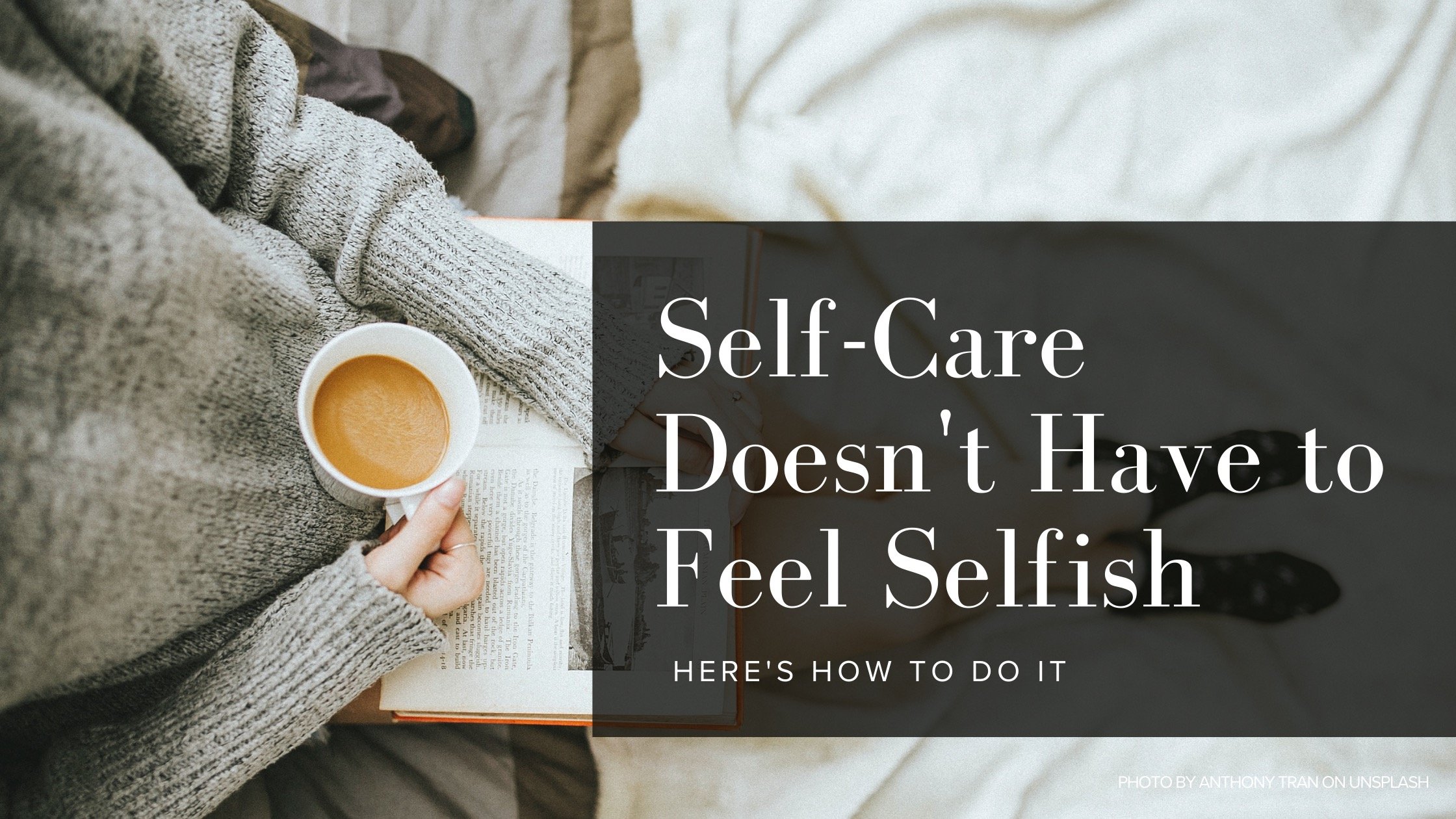How to practice self-care without feeling selfish
It feels like an oxymoron to focus on self-care when that feels selfish.
We need to practice self-care in order to do our best work.
If you’re trying to argue with me right now in your head, “I’m the only one who can do what I do, if I’m not working nothing is happening, my team and org needs me to be successful…” I have some crap news for you.
Our deep work capacity for the masters of us is MAX four hours.
For novices, it’s only one hour a day.
When you work past four hours of deep work, you’re going to receive diminishing returns.
Enter…self-care.
Self-care is seen as a luxury, when it’s actually a necessity
We avoid self-care because it feels frivolous, needless, distracting.
In fact, self-care is what helps ensure that we do our BEST deep work without burning out.
Self-care activities are essential to continuing to work forward.
Our brains can only hold so much.
We need breaks.
We need to step away.
If you don’t take strong, supportive breaks, your body will do it for you.
How many of us have gotten sick right after a big presentation at work. That’s your body saying slow down. If you suffer from migraines, I promise they pop up right in the busy season. Insomnia pops its ugly head exactly when we don’t need it.
So, take time to focus on you.
Get clear on the different types of self care
There are two main types of self care: Treading Water and Cup Filling
Treading Water types of self-care are the ones that are there for you when you just can’t even handle it. You’re so exhausted that you order takeout, take a nap, watch trash television. Most of us exist full-time in the treading water self-care tactics. We’re so exhausted that we can’t move past making it to our couch. And there’s nothing wrong with that. It’s simply recognizing that your body and brain are so exhausted that it needs to bob back to the surface and get out of the water.
Cup Filling self-care are the ones that actually restore you. They’re about the tasks that light you up, make you feel really good. Think about things like socializing, cuddling, going for a walk outdoors, sipping your coffee slowly, exercising… Think Dr. Dalton-Smith’s 7 types of rest: Physical, Mental, Sensory, Creative, Emotional, Social and Spiritual. Sensory rest may not mean cutting out sensory, it might be about going into the woods and really feeling the wind in your hair.
Both treading water and cup filling have a place in our lives. We’re burnt out, exhausted, and sleep-deprived.
Sometimes we can’t do more than turn on the tv and eat microwave pizza.
That’s okay.
That means that is what you need.
At the same time, if you note that you’re doing that every night, without making time for the things that restore you, it’s time to consider tactics that support you.
Create your list of self-care activities
This is the main takeaway.
You need a list of self-care, nourishing, restorative, fill-your-cup self-care activities.
Lots of them.
And think about what helps you the most: do you need short bursts for in between meetings? Do you need a sense of completion and cleanliness?
This isn’t a task of to-do’s.
This is a resource to leverage when you’re feeling stressed, overwhelmed, and exhausted.
Some initial ideas?
Go for a walk
Call a friend
Watch that movie you’ve been dying to see, lights off, popcorn popped, no phone
Have a therapy session with a licensed professional
Spend time meditating or doing yoga
Use a foam roller
Host a gathering at your house
Paint with your kiddo
What would you add?
Go build your self-care cup-filling list.
If that’s really really hard for you, and you find yourself always reaching for the tv remote… let’s talk.
